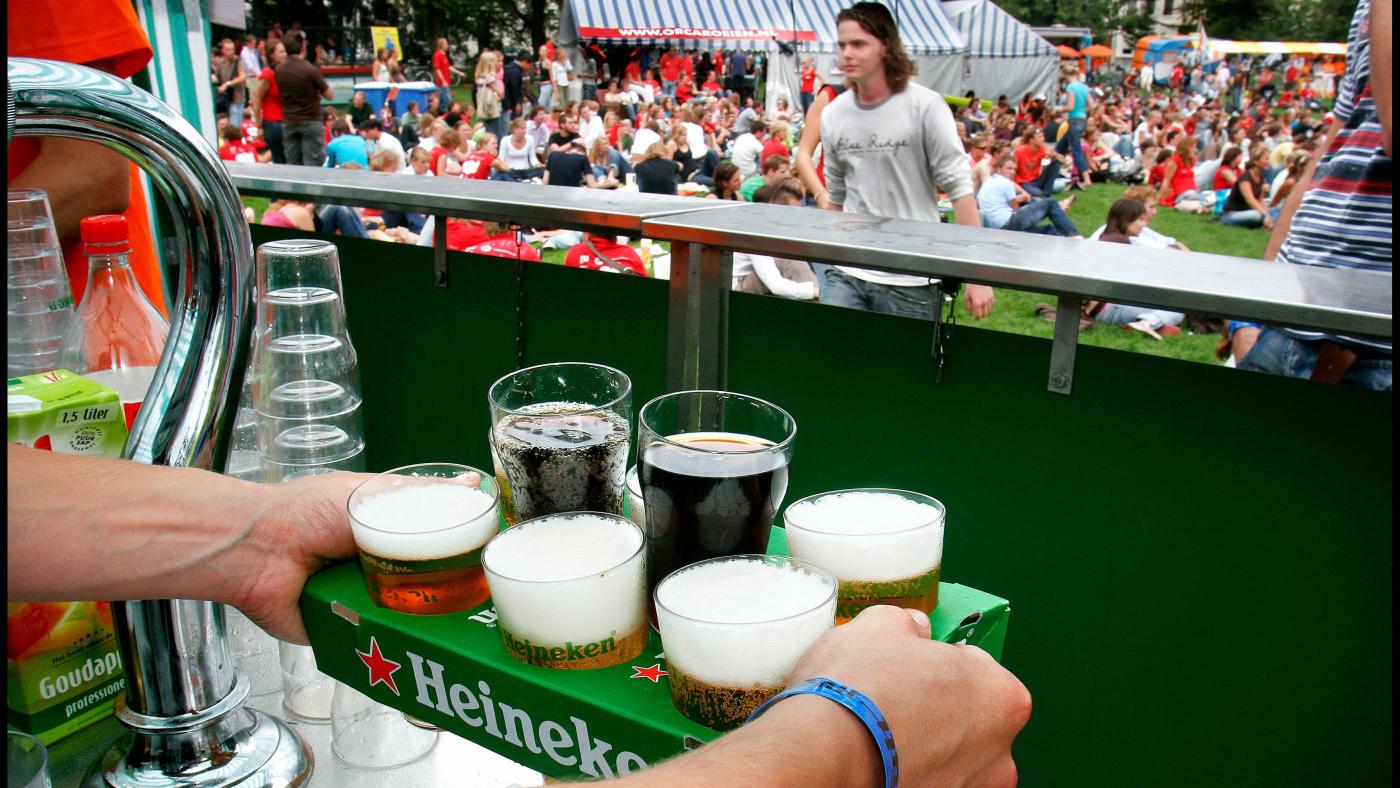New monitor on student well-being from RIVM and Trimbos
Drinking too much, being tired of life... students aren’t doing well yet

For the second time, thousands of students have been asked about their mental health and their use of alcohol and drugs. Once again, a significant portion indicated they have psychological complaints, and substance use hasn’t changed much either.
The first measurement took place in 2021, right in the middle of the lockdown motivated by the third COVID wave. The report by the National Institute for Public Health and the Environment (RIVM), the Trimbos Institute and the municipal health services made a huge impact. The results were very worrying, the then cabinet thought.
This time there was no lockdown and some results are looking a bit better again. Two years ago, more than half (51 percent) were having depressive or anxiety complaints, compared to 44 percent this time around. Loneliness has dropped from 79 to 62 percent.
Equally urgent
This improvement “is of course good news”, think outgoing Minister of Education Robbert Dijkgraaf and State Secretary for Health Maarten van Ooijen, but they also believe the problem is still “equally urgent”.
The Dutch National Students’ Association (ISO) doesn’t see any reason to celebrate either. “This survey has once again set off all the alarm bells”, says chair Demi Janssen. She would like for higher education institutions to be given a legal duty to care for students, similar to the one schools have for their pupils.
Incidentally, that one in four students has been ‘tired of life’ at one moment or another doesn’t mean all of these students are suicidal. (Are you having suicidal thoughts? Find help, for instance through 113.) The question was whether, in the four weeks leading up to the survey, they ever wished they were dead or would go to sleep and not wake up. That may be a temporary feeling, the researchers say. Only four percent of respondents feel this way ‘most of the time’ or ‘almost always’.
Alcohol and drugs
Alcohol consumption continues to be a problem amongst students. One in nine (11 percent) never drinks, but out of all the rest, 39 percent are ‘risky’ drinkers: they sometimes feel sorry afterwards, are sometimes advised to drink less or are unable to meet their obligations due to their alcohol consumption. Another 4 percent may have an addiction problem.
Drug use has roughly stayed the same. 21 percent of all students has taken XTC and 14 percent did so in the past year. For cocaine, the percentages are 12 and 7 respectively.
Response
In total, 32 thousand students at thirteen universities of applied sciences and eleven research universities answered questions, but that’s actually not a lot: about 500 thousand students were contacted, so the response rate is 6.5 percent. The researchers are aware this may mean the results aren’t entirely representative.
What they did do, for instance, is look at whether there were differences between higher education institutions with a high and low response rate. They didn’t see any. The same goes for students that took the survey right away and students that only did so following an extra awareness campaign on social media: they roughly gave the same answers.
Nonetheless, the researchers write the following: “We have to be careful about considering the results of this report as representative for the entire student population in the Netherlands.”